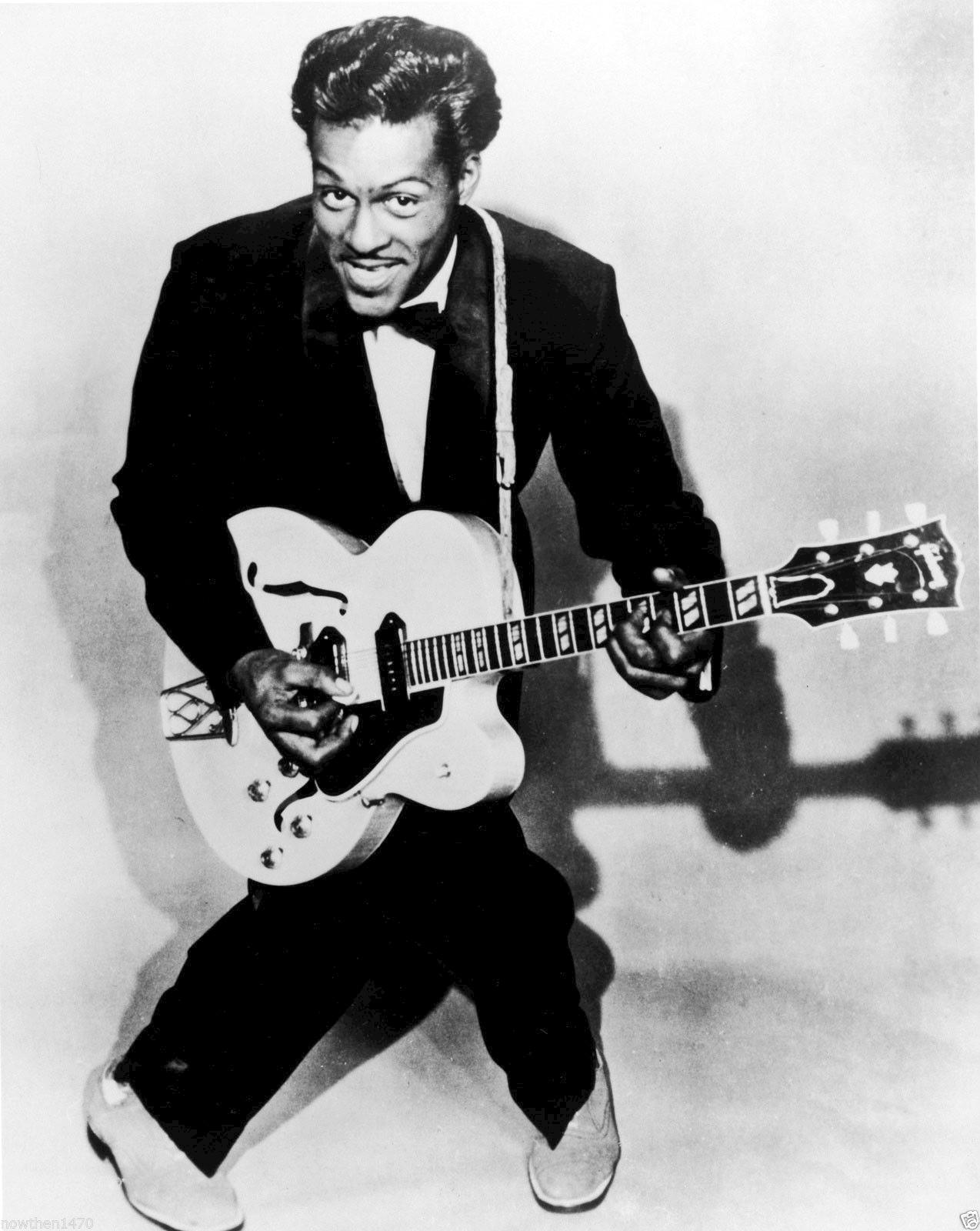Just as the spring of 1962 turned to summer, Shelley Fabares’ “Johnny Angel” held strong to its top 10 position on the Billboard Hot 100 chart following its reign in the No. 1 position. Joining it on the Hot 100 for the week May 19, 1962 were the singles “Johnny Jingo,” “The John Birch Society,” “How is Julie,” and “Jane, Jane, Jane.” June 9, four weeks later, some of these songs would drop off the top 100—only to see “Johnny Loves Me” and “Johnny Gets Angry” make a surge into the charts. America’s favorite musical letter is not C (as in C major) or A (as in A minor). It’s J.
Not J in any context, but J as the first letter of names in song titles. John has been a popular name throughout American history, sure. But where are the songs about William, Thomas, and Robert?
I was not aware of pop music’s J craze until I dug into the data myself. I compiled every song that was on the Billboard Hot 100 from 1960 to June 2014, and tallied up each time a song title mentioned a first name. The results, divided by sex, show a clear preference for certain letters.
Most song titles don’t have first names in them, of course. While approximately 19,000 unique songs were in the data, just over 700 had a first name in them.
The most common name was Johnny. There have been 46 hit songs with the name John or Johnny, from “Johnny B. Goode” to “Sloop John B” to “Do the John Wall.” And while Johnny reigns supreme, female names have an edge on male names overall, 52 to 48 percent. (It should be remembered that this ratio only represents the ratio of names in song titles—song titles with “She” in them are twice as numerous as those with “He,” and “Girl” is two-and-a-half times more common than “Boy.”)
The J phenomenon holds true for both boy names and girl names. Below is a chart showing the frequency of names that begin with each letter both in song titles and in the general population over roughly the same time period. (I went back to 1940 for the frequency of names in the general population in 1960, for example, on the theory that people born in the ’40s were the subject of the hits of the ’60s.) Though most letters experience no major deviations, Ms, As, Ls, and Js all show modest gains in song titles.
But with a sample size on the small side, it’s tough to say most of these trends are too drastic. That’s different when we look at the data on the male side. With male names, we see Js are used four times as often in names in song titles as we would expect based on the frequency of Js in the general population.
So what’s causing this trend? Does the letter J have some sort of special musical quality? Do songwriters just like how the letter J looks on vinyl?
I shared these figures with Timothy Taylor, a professor of ethnomusicology at UCLA. He posited that some of the spike could come from many of the J names (e.g. Jack) being especially easy to rhyme. He also suggested that some “Johnny” songs might have “Johnny” in their title in reference to other “Johnny” songs, such as “Johnny B. Goode.” But ultimately Taylor concluded, “I don’t think there is a one-size-fits-all explanation.”
With song titles ranging from “Happy Jack” to “Someone Loves You, Joe” to “Run Joey Run” it’s unlikely a single reason could explain all the Js away. As for our current Billboard Hot 100, we’re clear of J names for now. “John Doe” by B.O.B. fell off the charts on May 17.
